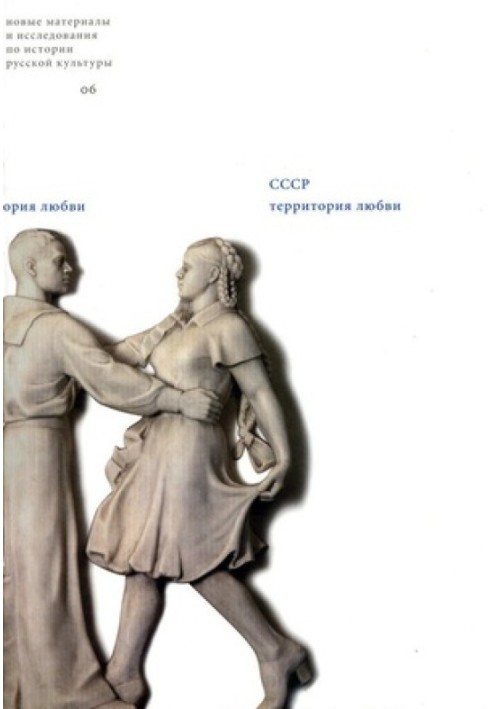Love and politics: on the medial anthropology of love in Soviet culture
 Instant download
Instant download
after payment (24/7)
 Wide range of formats
Wide range of formats
(for all gadgets)
 Full book
Full book
(including for Apple and Android)
William Shakespeare's Romeo and Juliet (1575) offers a clear model of the modern concept of love and illustrates the associated conflict between individual, intimate, loving desire and political and social practices that encroach on the private sphere. At the same time, Shakespeare's drama contains a solution to this cultural-anthropological problem: the tragic suicide of lovers affirms love as an internal, intimate, absolute experience that resists any political-ideological, social or family incursions from the outside. Two people who love each other manage, despite all social and political obstacles, to affirm the absolute value of love. The end of the drama, when the warring family clans finally make peace, seems both hopeful and utopian, since no political-ideological regulation can compete with the cunning of the lovers. So, to continue the tradition of political and social connections, it is necessary that the political community refrain from interfering in the private lives of its members. If we project the concept of Niklas Luhmann onto Shakespearean drama, then we can talk about the process of the formation of love as a symbolically generalized medium in modern society. Roland Barthes describes this situation as a process of establishing a special “language of love”, which is absolute and autonomous in relation to the requirements of the political community.
Data sheet
- Name of the Author
- Юрий Мурашов
- Language
- Russian
- Translator
- Татьяна Витальевна Ластовка













